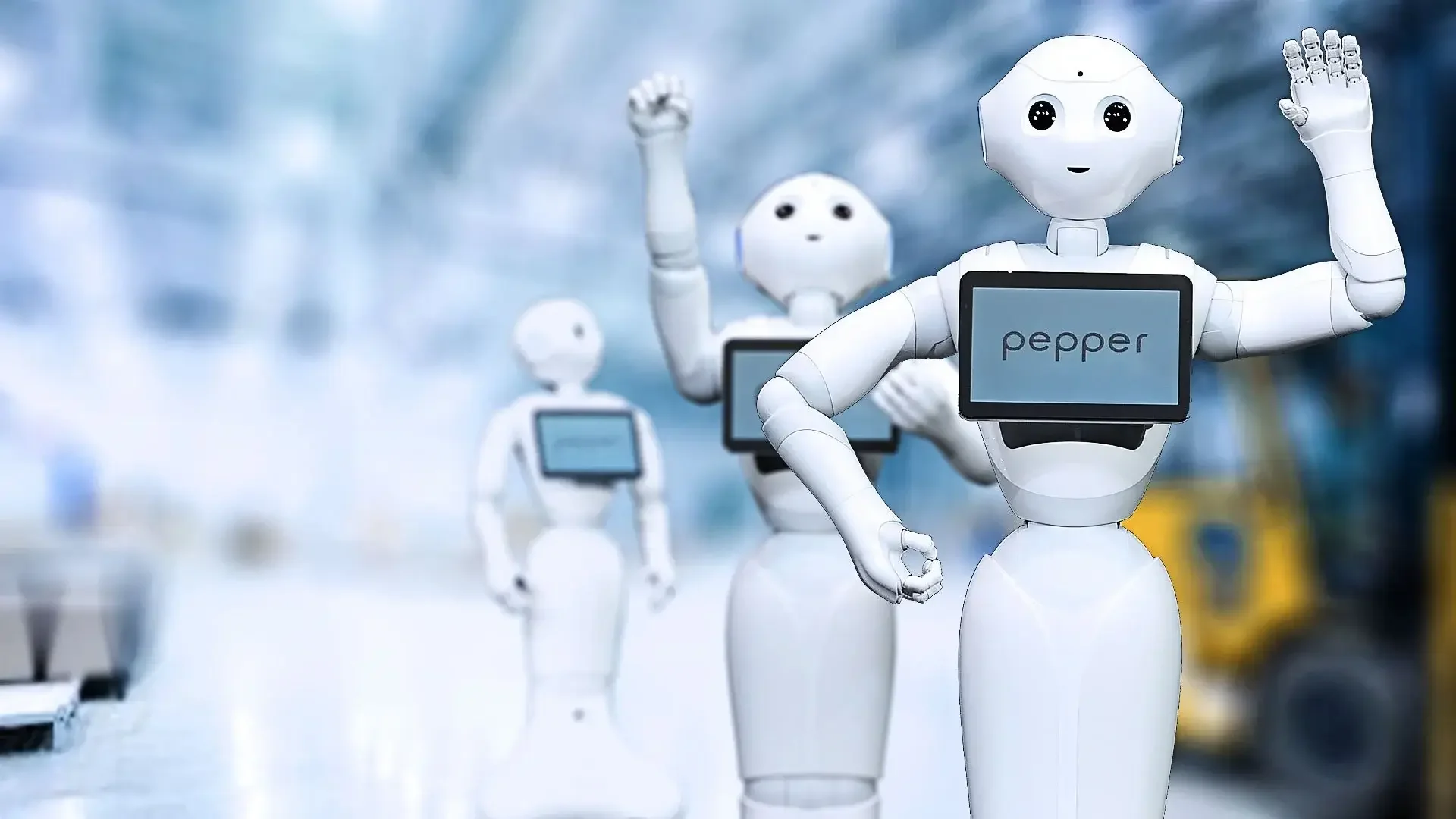The Robotics and Data Revolution
It’s Time for Japanese Industry to Embrace The Future of Cloud and Connectivity.
How Intelligent Robots Will Power Japan's Next Economic Boom
The challenges facing Japan's economy—a rapidly declining labour force and persistently high labor costs—are not problems to be managed, but opportunities to be transformed. Masayoshi Son, CEO of SoftBank, announced his solution this week at SoftBank World: the mass adoption of Intelligent Robots.
I believe that introducing 30 million of these Intelligent Robots into the workforce would be the equivalent of 90 million human workers. This is not an exaggeration. A robot, unlike a human, can work weekends and put in full 24-hour days, effectively making one unit the equivalent of three human workers. This level of enhanced Productivity can revolutionize low-skilled industrial sectors, from home appliances to automotive assembly.
To demonstrate this vision, Son introduced Pepper, a friendly, speaking robot. While Pepper's current abilities, such as performing a tune with animal noises, may seem like a charming novelty, I promise you that robots will follow the same trajectory as the personal computer: what started as a "toy" will soon become indispensable. Pepper will be available for sale next February for JPY 198,000, signaling the start of this revolution. Widespread adoption of these Intelligent Robots will allow Japan to finally reclaim its position as number one in global worker Productivity.
However, the hardware is only half the story.
These Intelligent Robots must be connected to the Cloud—a central database that collects vast amounts of real-time data, what we call Big Data. In the coming Information Revolution, Son predicts up to 50 Billion items worldwide will be connected to the internet, up from 10 billion today. Everything from running shoes and eyeglasses to cars and washing machines will have sensors, feeding crucial information back to the Cloud. This data becomes our single greatest asset, enabling companies to act on critical information and drive Competitiveness. Imagine a car recommending a trip to the dealer to replace tires or fix the brakes, all based on real-time data usage.
This massive shift means that every industrial company will become a software company. Data in the Cloud is the ultimate key to survival.My message to Japanese managers is this: you must embrace cutting-edge technologies to revive our country’s economy.
Masayoshi Son highlighted that SoftBank doubled its Productivity between 2009 and 2014, while the rest of the economy stagnated. Our secret? Even before Apple, we provided all our employees with a smartphone connected to the Cloud, replacing the ubiquitous, costly physical servers that still burden so many companies.
You have to connect your employees to improve Productivity and survive the Information Revolution. You must purchase the technology, invest in Competitiveness, and you need to do it Now. The future is here.


